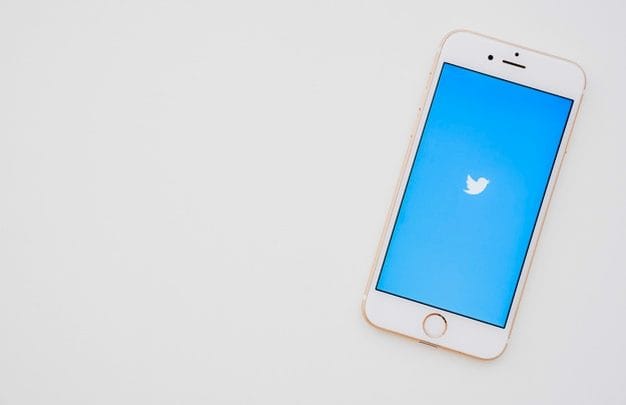
With Election Day looming, Twitter imposes new limits on U.S. politicians — and ordinary users, too
The changes will alter the look and feel of Twitter, increasing the amount of time a user must spend to retweet someone else’s comment
Twitter will impose new warnings on politicians’ lies, restrict premature declarations of victory and block calls for polling violence or other disruptions, the company announced Friday as it rolled out wide-ranging changes designed to harden the platform against abuse related to the U.S. election Nov. 3.
The moves also will temporarily alter the look and feel of Twitter, a service built on instantaneous conversation, quips and breaking news. Retweeting others, for example, will require an extra step designed to encourage users to add their own thoughts before posting. Recommendations and trends will get new curbs intended to prevent abuse.
Twitter’s moves, like those announced recently by Facebook, are aimed mainly at combating efforts to manipulate the political landscape at critical moments in the hotly contested national vote. The policy changes are the culmination of years of revisions intended to prevent a repeat of 2016′s electoral debacle on social media, when disinformation, false news reports and Russian interference rampaged virtually unchecked across all major platforms.
“Twitter has a critical role to play in protecting the integrity of the election conversation, and we encourage candidates, campaigns, news outlets and voters to use Twitter respectfully and to recognize our collective responsibility to the electorate to guarantee a safe, fair and legitimate democratic process this November,” company officials said in a blog post published at noon Friday. The authors were Vijaya Gadde, the legal, policy, and trust and safety lead at Twitter, and Kayvon Beykpour, its product lead.
The moves are likely to intensify the platform’s contentious relationship with President Trump and Republicans, who have reacted to restrictions by claiming — without offering systematic evidence — that the changes are intended to squelch conservative political speech and ideas.
Trump campaign spokeswoman Samantha Zager said in a statement Friday after the announcement, “Make no mistake, this corporation is attempting to silence voters and elected officials to influence our election, and this is extremely dangerous for our democracy.”
The campaign for Joe Biden, Trump’s Democratic rival, did not respond to a request for comment.
Democrats, civil rights activists and independent researchers, by contrast, have generally praised efforts by social media companies to prevent abuse and manipulation of platforms that are potent, far-reaching sources of news and opinion to billions of people worldwide.
“It’s really important these companies are understanding the unique role they play in amplifying or cutting off disinformation,” said Vanita Gupta, president of the Leadership Conference on Civil and Human Rights, a Washington-based umbrella group that has pushed the social media companies to police their platforms more aggressively for messages designed to suppress voter turnout. “These steps Twitter is taking today are really crucial.”
Twitter’s Friday announcement means that U.S. political figures with more than 100,000 followers — a category that includes Trump with his 87 million — will be subject to “additional warnings and restrictions” if they spread falsehoods. This expands Twitter’s existing policy against political disinformation that has led the company to label at least 14 of Trump’s tweets in recent months, limiting the reach of false claims about the potential for mail-in balloting to encourage fraud. These labeled tweets remain available to users but require them to tap through a warning screen to read and limits the ability to retweet the post.
Premature claims of victory, made before officials or credible news sources have called the election, also will get labeled, with users directed to Twitter’s election page, the company said. Any tweet related to the presidential or congressional elections that the company’s moderators say encourages interference in the voting process — especially if the tweet encourages violence — will be removed.
For ordinary users, the more visible changes may be the steps Twitter is taking to slow rapid-fire retweeting of others. Starting next week and continuing until a winner in the presidential election is declared, Twitter will limit the ability of users to retweet automatically. Instead, users who press the retweet button will encounter a screen that asks them to “Quote Tweet,” or provide commentary above the tweet they wish to share.
Users will still be able to retweet without a quote, but the process adds “extra friction and an extra step,” the company said. The move seeks to force users to slow down and decide whether they want to comment — and may have the effect of slowing down the viral nature of some tweets.
Twitter is also restricting the way it recommends some content, another avenue for tweets to go viral. Starting Friday, Twitter users will be limited in their ability to see content from people they don’t follow directly.